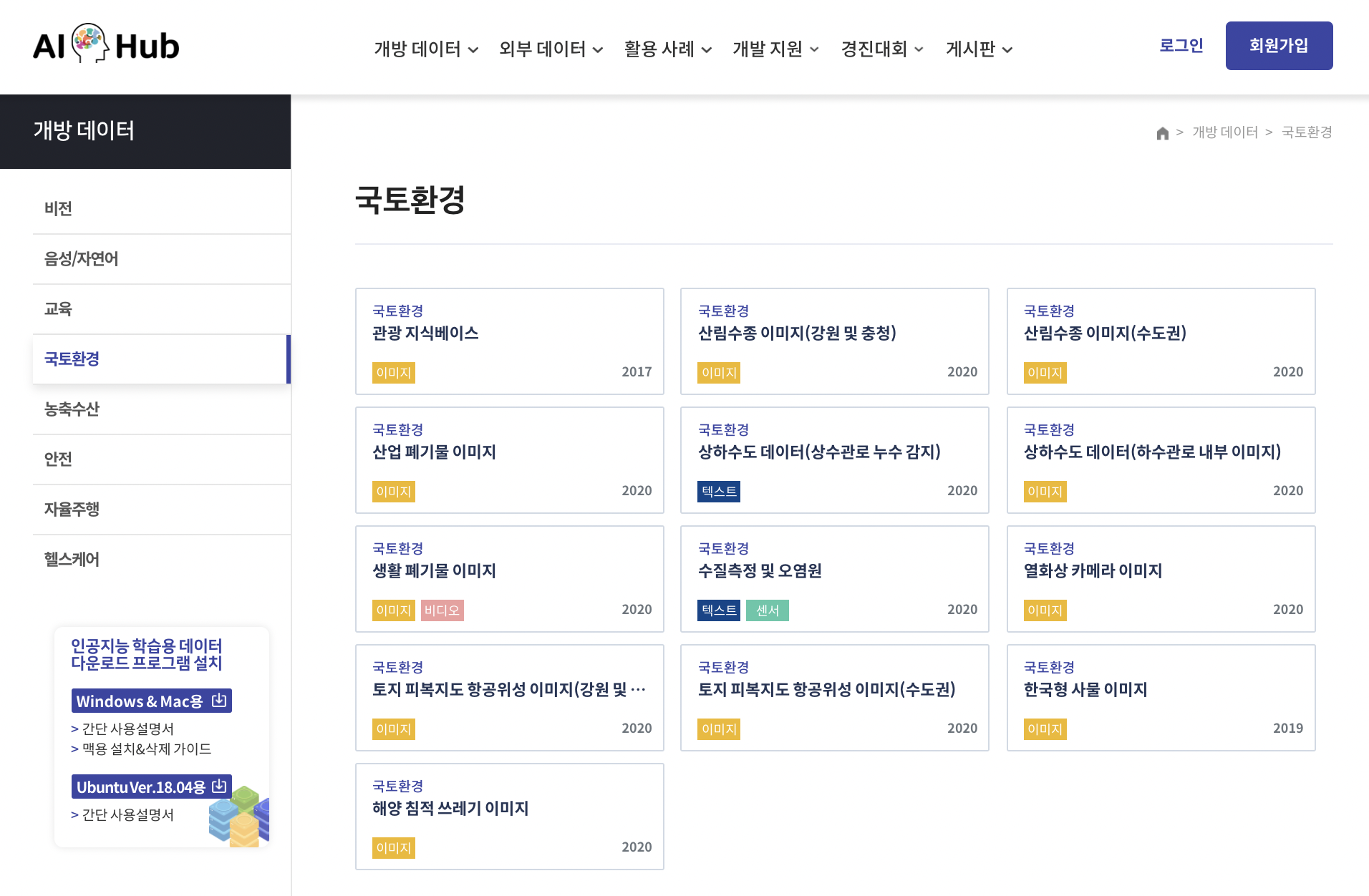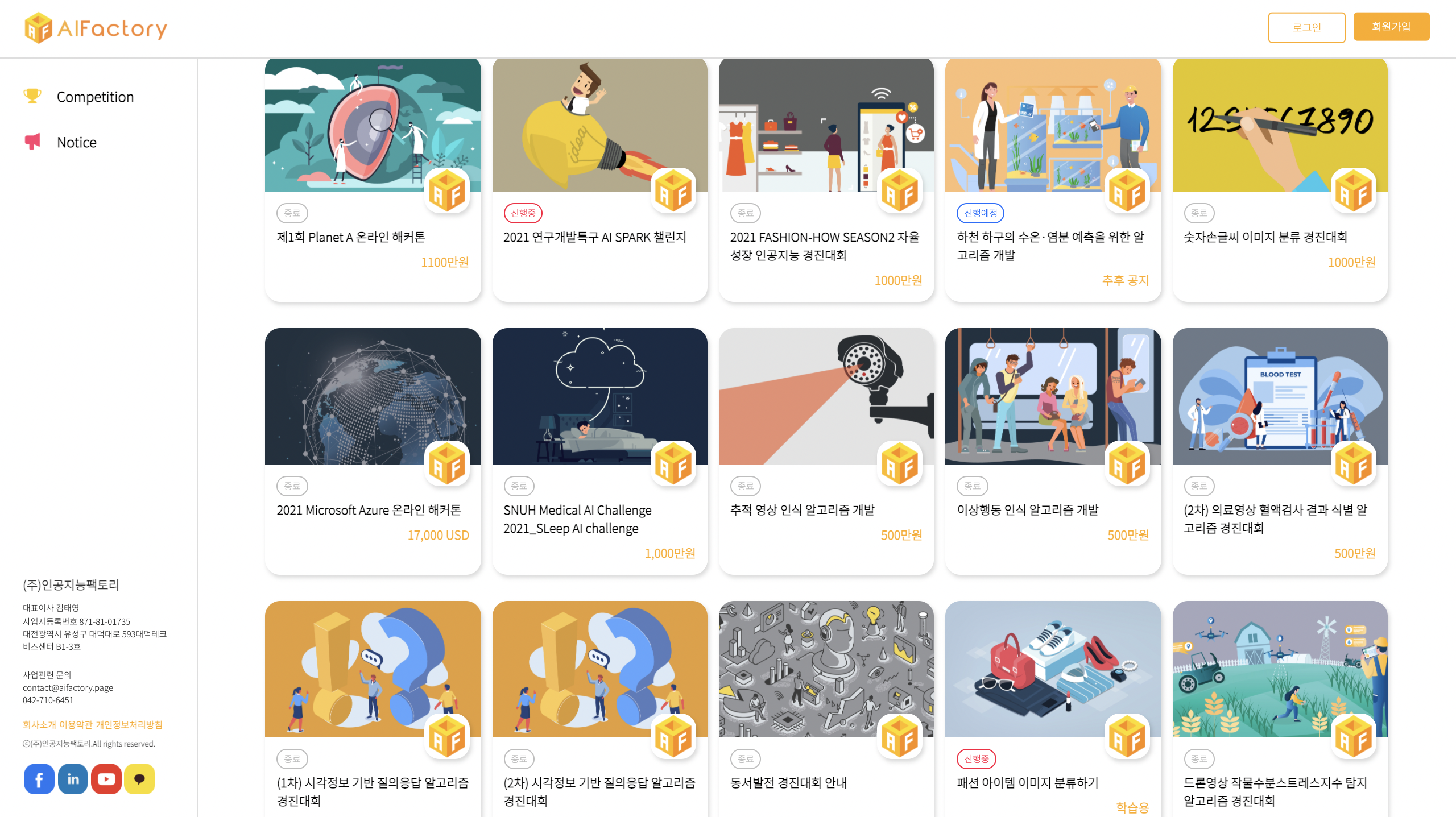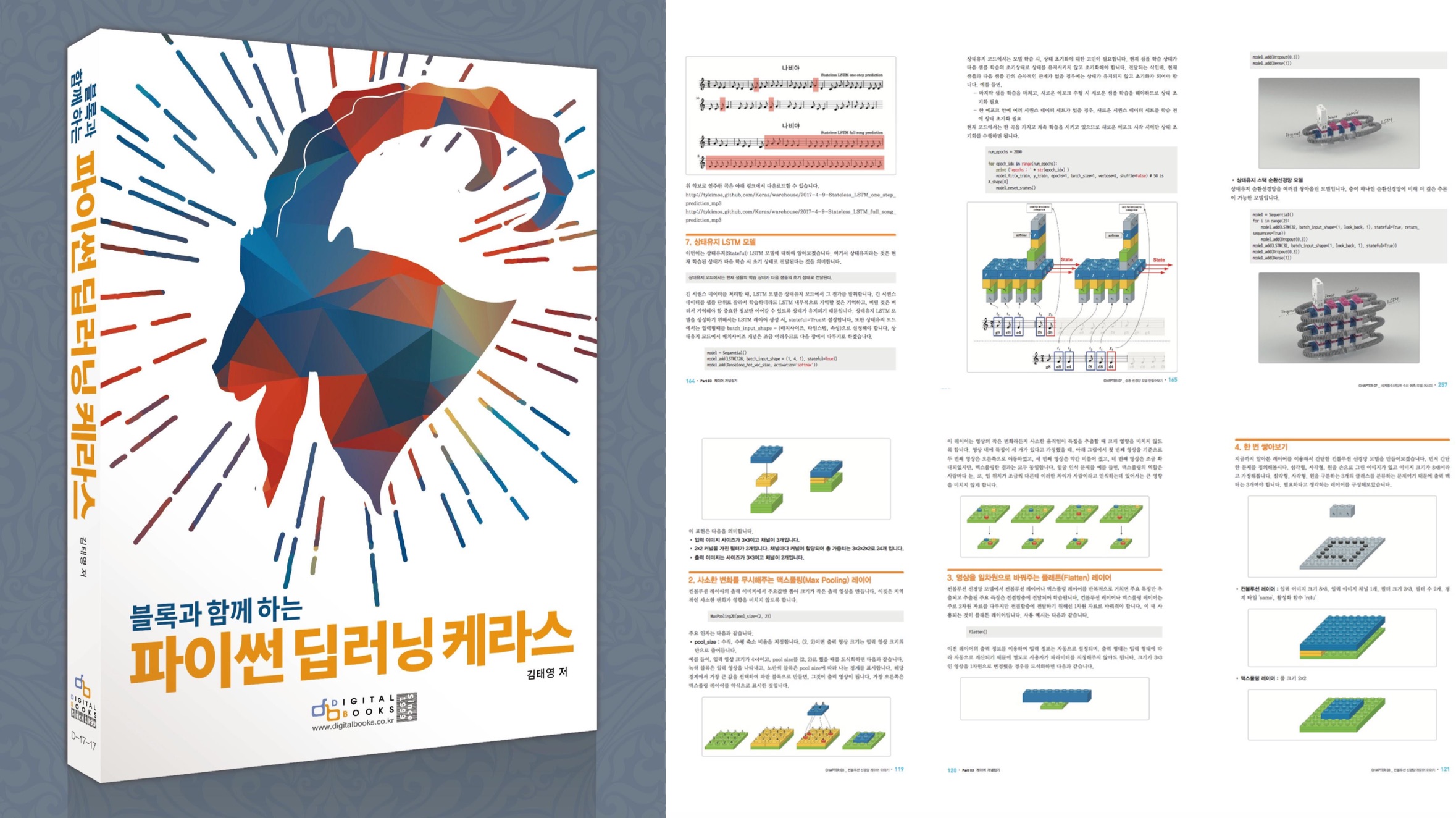Artificial Intelligence for common good…develops into sharing and cooperation
ESG Hits, Raising Awareness of the Common Good
Keyword ESG is hitting the world. ESG is an acronym for environmental, social, and governance and an indicator of a company’s non-financial performance m environmental, social, and governance. It is the standard made to invest not only in monetary benefits such as financial statements and cash flows, but also in consideration of the sustainability and social impact of the company, when selecting investment targets. ESG, which first appeared in 2005, is recognized as a concept that is in line with the social demands for sustainability which has been actively requested.
The corporate environment, which has put performance as a priority, is changing to consider contributions to the environment, welfare, and public good due to the ESG craze. Consumers are also starting to look for products from companies with high social contributions. This trend has become more pronounced since COVID-19. That’s why companies are jumping into ESG management.
Problem Solving with Artificial Intelligence
Then how can we contribute to solving environmental or social problems? The most representative way is solving problems using science and technology. Among them, artificial intelligence is in the spotlight because it can find the most optimized way for social convenience through mechanical learning.
What governments are trying to achieve for this goal is creating an ecosystem for artificial intelligence. Artificial intelligence technology, which has achieved remarkable growth today, can be attributed to an active technology sharing culture. This is because large-scale learning data construction and disclosure can create more accurate and advanced AI models. In addition, services that solve problems through collective intelligence and develop artificial intelligence models are also in vogue.
AI Hub (https://aihub.or.kr/)

AI Hub Contributes to AI Data Sharing and Industry Ecosystem of Intelligence Information Society and Artificial Intelligence
AI Hub is a platform that is being promoted as an infrastructure creation project for the intelligence information industry. It is sharing data for AI learning held by domestic and foreign institutions and companies to everyone. It aims to contribute to the creation of an intelligence information society and an artificial intelligence industry ecosystem by releasing high-quality, high-capacity AI learning data that is difficult to obtain on its own due to high cost and input time. Business classification is provided in a total of eight categories by tailoring the government data reference model (DRM) and government function (Central and Basic) standard classification system (BRM), Korean standard industry classification table (10th), public data portal, and overseas cases.
‘Land Environment’ Open Data
There are currently 13 open datasets uploaded in the land environment category. Tourist base, forest hydroponic image (Gangwon and Chungcheong), industrial waste image, water and sewage data (water leak detection), water and sewage data (water pipe internal image), residential waste image, water quality measurement and pollution source, thermal camera image, land cover map aerial satellite image (Gangwon and Chungcheong), land cover satellite image (Water Area), Korean marine waste. In terms of environmental improvement, the most important data is the image of marine deposition waste. To improve the severely polluted underwater environment, it is necessary to develop a strategic technology that can effectively detect and collect waste, which requires implemented design work for the area, and research for design. Marine Deposition Garbage Image AI data is shared as AI learning data for automatic identification of Sonar survey images and underwater photography images. Link to the ‘Land Environment’ Open Data Link: https://aihub.or.kr/aihub-data/land/about
‘Safety’ Open Data
In the safety sector, 21 open datasets are currently uploaded. The main theme of the dataset is an improvement plan for social convenience, and it includes first-person walking video, CCTV tracking video, building crack detection image, construction site safety equipment recognition image, senior abnormal behavior video, and fire prediction video.
“First-person walking video” is a dataset to train artificial intelligence to identify the first-person walking environment inside and outside, such as disabled people, elderly roads, and alleys, and to derive factors that interfere with walking. As the need for a ‘smart care infrastructure’ to support a safe and healthy life is maximized, the need to secure data for analysis and prediction of safety risks is also increasing. Link to the ‘Safety Environment’ Open Data: https://aihub.or.kr/aihub-data/safty/about
Learning and Model Development by Collective Intelligence and Challenge

Artificial Intelligence Factory, an artificial intelligence platform service company, is also taking the lead in developing artificial intelligence models by sharing and cooperating through challenges through the AF-Competition. It is the platform service of the competition, which is also the representative service of AI Factory. This service addresses the artificial intelligence model that clients need based on crowdsourcing. To solve the problem, the competition provides a platform for developers who participate in the competition to compete openly, and clients can develop artificial intelligence models that host competitions and target competitions through AI Factory’s platform.
The development of artificial intelligence through collective intelligence is not only advantageous in that it can learn the experience that can double the developer’s ability, but also in that it can be developed and provided as an actual artificial intelligence model.
‘Green’ Challenge
① Competition for detection algorithm of water stress index of drone videos
This competition is designed to develop a model that estimates crop water stress index (CWSI) to prevent crop production degradation and deterioration in quality resulting from water deficiency. We developed the algorithm using the data provided by Dong Seoul National University and Air Lab Co.
Link to the Competitive Exhibition: http://af-class.space/task/detail.do?taskId=T000029
② Competition for satellite image of Arctic sea ice thawing prediction algorithm
It is a competition designed to predict changes in Arctic Sea thawing, which are closely related to the rapidly increasing abnormal weather conditions recently. Using time-series satellite images, we have developed a model that predicts changes in Arctic Sea ice thawing, which will be used as the basis for safe navigation of the icebreaker, Araon.
Link to the Competitive Exhibition: http://af-class.space/task/detail.do?taskId=T000027
③ The 1st Planet A online hackathon
It is a competition designed to solve global environmental problems through a global data hub of global environmental science and to find talented people with AI-related capabilities. The theme of the competition is developing an artificial intelligence model that fits the four most important areas (climate science, geological disasters, marine environment, and polar environment), which are addressed in geo-environmental science. More details about the ‘First Planet A Online Hackathon Competition’ can be found on the Planet A website.
Link to the Competitive Exhibition: https://planeta.snu.ac.kr/web/cpthb?pMENU_NO=19
‘Carbon Neutral Field’ Challenge
① Power generation big data AI competition
The competition is designed to solve company issues and revitalize the big data industry ecosystem by releasing data related to the operation of power plants to external data experts. Organizers also announced plans to develop digital solutions that can be used in power plants by using the award team’s algorithms, further verify their effectiveness, and promote joint commercialization.
Link to the Competitive Exhibition: http://af-class.space/ewpcompetition/
Closing Remarks
High-quality data can create high-quality AI models. However, the problem is that it is not easy to secure data. High-quality data is even more difficult to obtain. That’s why dataset sharing for better technology needs to be done actively. It is time for cooperation for the development of artificial intelligence technology, which is taking the lead in solving social problems for the public good. Artificial intelligence for public good can eventually move forward through sharing and cooperation.
책 소개

[추천사]
- 하용호님, 카카오 데이터사이언티스트 - 뜬구름같은 딥러닝 이론을 블록이라는 손에 잡히는 실체로 만져가며 알 수 있게 하고, 구현의 어려움은 케라스라는 시를 읽듯이 읽어내려 갈 수 있는 라이브러리로 풀어준다.
- 이부일님, (주)인사아트마이닝 대표 - 여행에서도 좋은 가이드가 있으면 여행지에 대한 깊은 이해로 여행이 풍성해지듯이 이 책은 딥러닝이라는 분야를 여행할 사람들에 가장 훌륭한 가이드가 되리라고 자부할 수 있다. 이 책을 통하여 딥러닝에 대해 보지 못했던 것들이 보이고, 듣지 못했던 것들이 들리고, 말하지 못했던 것들이 말해지는 경험을 하게 될 것이다.
- 이활석님, 네이버 클로바팀 - 레고 블럭에 비유하여 누구나 이해할 수 있게 쉽게 설명해 놓은 이 책은 딥러닝의 입문 도서로서 제 역할을 다 하리라 믿습니다.
- 김진중님, 야놀자 Head of STL - 복잡했던 머릿속이 맑고 깨끗해지는 효과가 있습니다.
- 이태영님, 신한은행 디지털 전략부 AI LAB - 기존의 텐서플로우를 활용했던 분들에게 바라볼 수 있는 관점의 전환점을 줄 수 있는 Mild Stone과 같은 책이다.
- 전태균님, 쎄트렉아이 - 케라스의 특징인 단순함, 확장성, 재사용성을 눈으로 쉽게 보여주기 위해 친절하게 정리된 내용이라 생각합니다.
- 유재준님, 카이스트 - 바로 적용해보고 싶지만 어디부터 시작할지 모를 때 최선의 선택입니다.